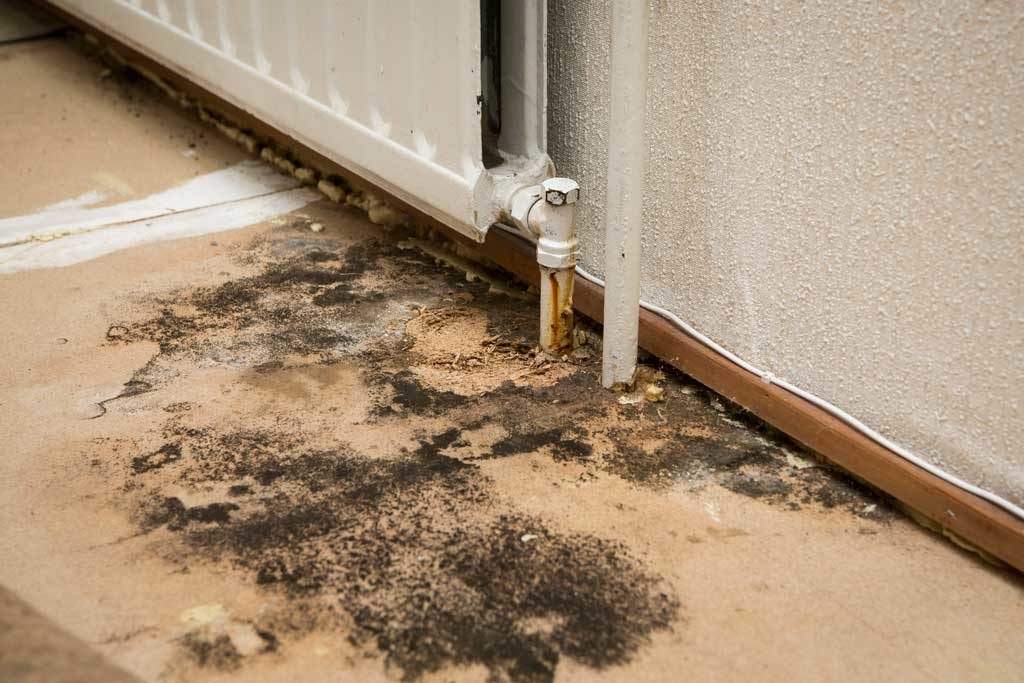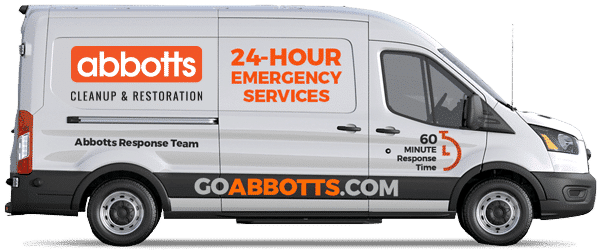ABBOTTS BLOG
How Mold Remediation Specialists Find and Eradicate Mold

In our recent post, “What You Don’t Know CAN Hurt You: Professional Testing Detects Hazardous Mold,” we talked about some signs that your home or business could have a mold problem. If you suspect you have a mold problem, you should have a mold remediation specialist inspect and test your property for hazardous mold. Here’s what to expect.
Upon arriving at your property, your mold remediation specialist may begin taking air samples outside to learn whether the conditions in your area are generally conducive to mold growth. Moisture, humidity and air temperature may be recorded. These types of measurements may be repeated in various areas both outside and inside of the building.
Your mold remediation professional will perform a visual inspection on all accessible parts of the building. Starting at ground level, the mold specialist will inspect the building perimeter, investigating features that connect to or penetrate the building, including exterior doors, windows, decks, stoops, steps, stairs and porches.
Depending on what kinds of problems prompted you to seek professional mold inspection and testing, your mold remediation specialist could also inspect the roof, roof drainage system, gutters and downspouts, vents, flashings, skylights, chimneys and other structures built into the roof.
Moving inside, the mold specialist will check crawl spaces, ventilation systems and plumbing for visible signs of mold. In addition to air quality measurements, your mold specialist may use swabs, tape and snipped samples of carpet to detect and track down mold in your home or business. Machines that measure air flow rate, humidity and temperature can help find places where mold may be hiding. Some machines collect spores for lab analysis to determine how hazardous or even toxic the mold is.
Upon completing the analysis, the mold remediation specialist will report any evidence of:
- Moisture intrusion
- Water damage
- Apparent mold growth
- Conditions conducive to mold growth
In addition, you will get the results of laboratory analysis of all mold samplings taken at the building. With these tools, your professional mold remediation specialist will identify the source of the mold problem and determine how extensive and widespread the mold growth is. With this information, the mold specialist can craft a plan to eradicate the mold, prevent its return and test to make sure the plan was successful.

